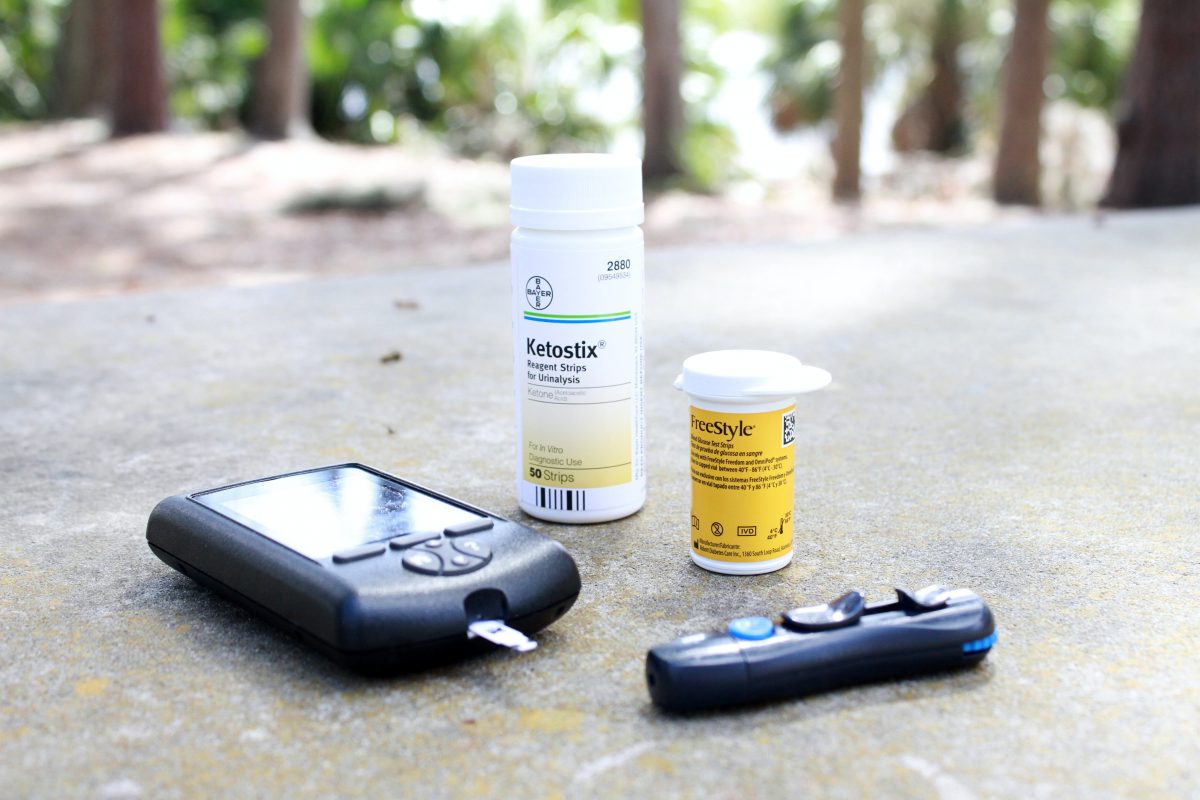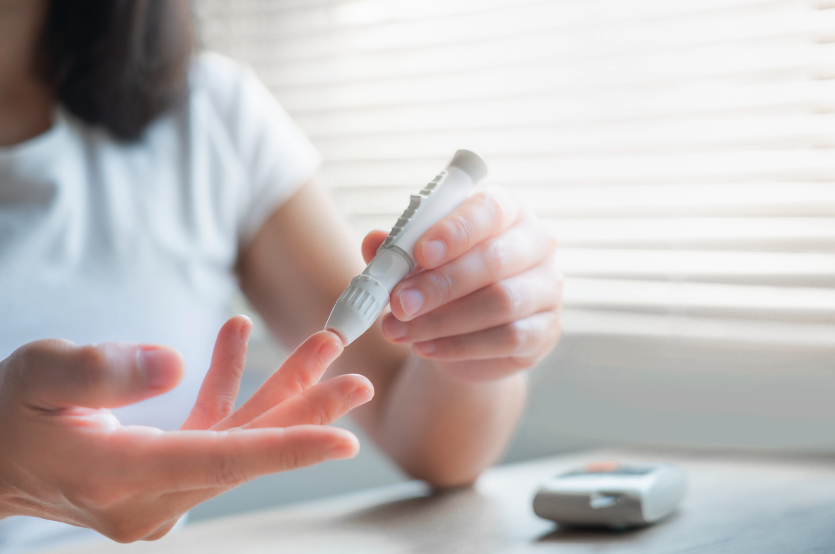Type 1 vs. Type 2 Diabetes

Diabetes is a diagnosis that no one wants to hear, but it affects 34.2 million Americans, and even more, are at risk of developing one form of the disease. With nearly 10 percent of the population dealing with the symptoms and effects of diabetes, it is important to understand the disease and the two types — Type 1 and Type 2.
There is no cure for either type of diabetes, although Type 2 may be managed through lifestyle changes, medications, and insulin if needed. Type 1 requires insulin treatment. The long-term complications of either form of diabetes are very serious. This incurable disease is associated with cardiovascular disease, nerve damage, kidney damage, increased risk of infection, and other issues.
Type 1 Diabetes
Type 1 has been referred to as juvenile diabetes because it typically is identified in children. In Type 1, the pancreas—a small organ located behind the stomach—produces little or no insulin, a hormone the body’s cells need in order to turn sugar, a.k.a. glucose, into energy. This is a permanent condition requiring lifelong treatment.
It isn’t clear what causes Type 1, but a family history of Type 1 and exposure to viruses appear to be factors. The body’s immune system mistakenly destroys the insulin-producing cells of the pancreas. This can result in life-threatening illnesses due to high blood sugar.

Children who are diagnosed with Type 1 diabetes may have a sudden onset of symptoms, including thirst, frequent or uncontrolled urination, fatigue, weight loss, extreme hunger, blurred vision, and irritability. Watch your child for these symptoms as well as unexpected bedwetting.
Treatment for Type 1 requires insulin injections because the pancreas produces so little insulin. With the injections, insulin enables sugar to enter cells, lowering blood sugar levels. Insulin doses must be timed around meals and balanced with exercise. Blood sugar must be closely monitored, and diet and exercise also factor into how much insulin is needed. This can all be quite challenging for children ages 7 to 14 years when diabetes is often detected and diagnosed. Insulin pumps are now an option, making management of Type 1 somewhat easier than insulin injections for active adolescents.
Type 2 Diabetes
In Type 2 diabetes, some insulin is produced by the pancreas, but it isn’t enough to fuel the cells in the body. In addition to the compromised pancreatic function, the body has difficulty regulating and using glucose. This chronic condition results in high blood sugar levels, which can be damaging to critical organs.
Type 2 diabetes can occur in children as well as adults. Many people are prediabetic for years without knowing it. In fact, 88 million adults in the U.S. are at risk of developing Type 2. Inactivity, obesity, and poor diet contribute to this type of diabetes. Eating a lower-fat, higher-fiber diet, losing weight, and getting more exercise can all help prevent Type 2 diabetes.
The signs and symptoms of Type 2 diabetes are similar to those of Type 1 diabetes. In addition, a person could have sores that heal very slowly or experience more infections than the norm. The Iowa Department of Public Health offers a brief overview of Type 2.
Diagnosis & Treatment
When a patient comes in with symptoms of diabetes, Dr. Stemmerman will first work on getting the tests needed to diagnose it. This will include a fasting glucose test to determine your blood sugar levels. Treatment for prediabetes and Type 2 may include medications before insulin is required. But, the best first course of action involves making lifestyle changes to help you lose weight, quit smoking, and increase physical activity. That includes eating foods such as fresh vegetables to help maintain healthy blood sugar levels. Exercising several times a week helps, too.
Like any chronic condition, diabetes is a serious and costly disease to treat and manage, but it can be controlled with the right care and attention. Dr. Stemmerman will work closely with diabetic and prediabetic patients to help make lifestyle changes that will prevent diabetes from taking over your life. Please contact us for more information about diabetes or schedule an appointment today.

